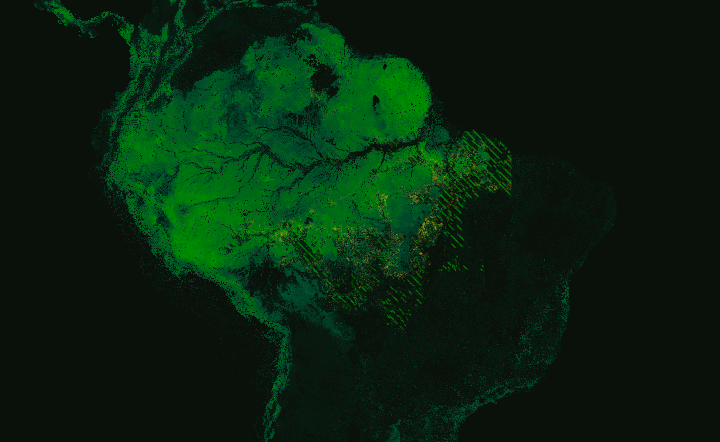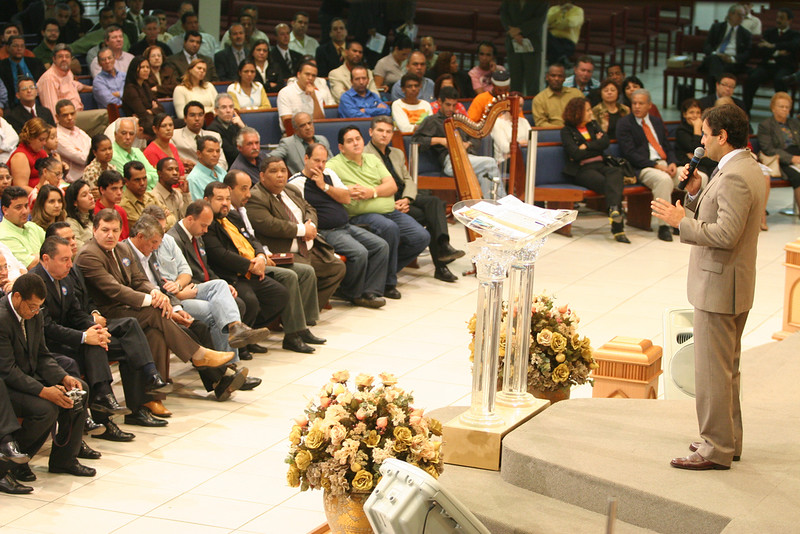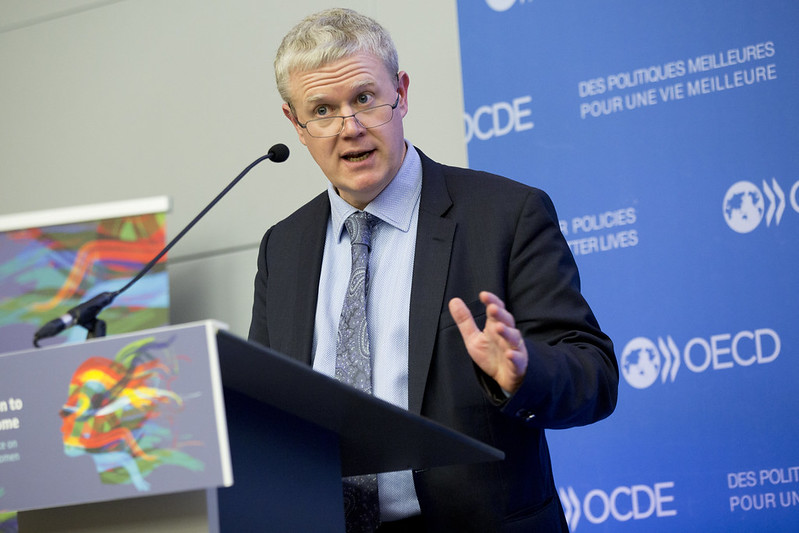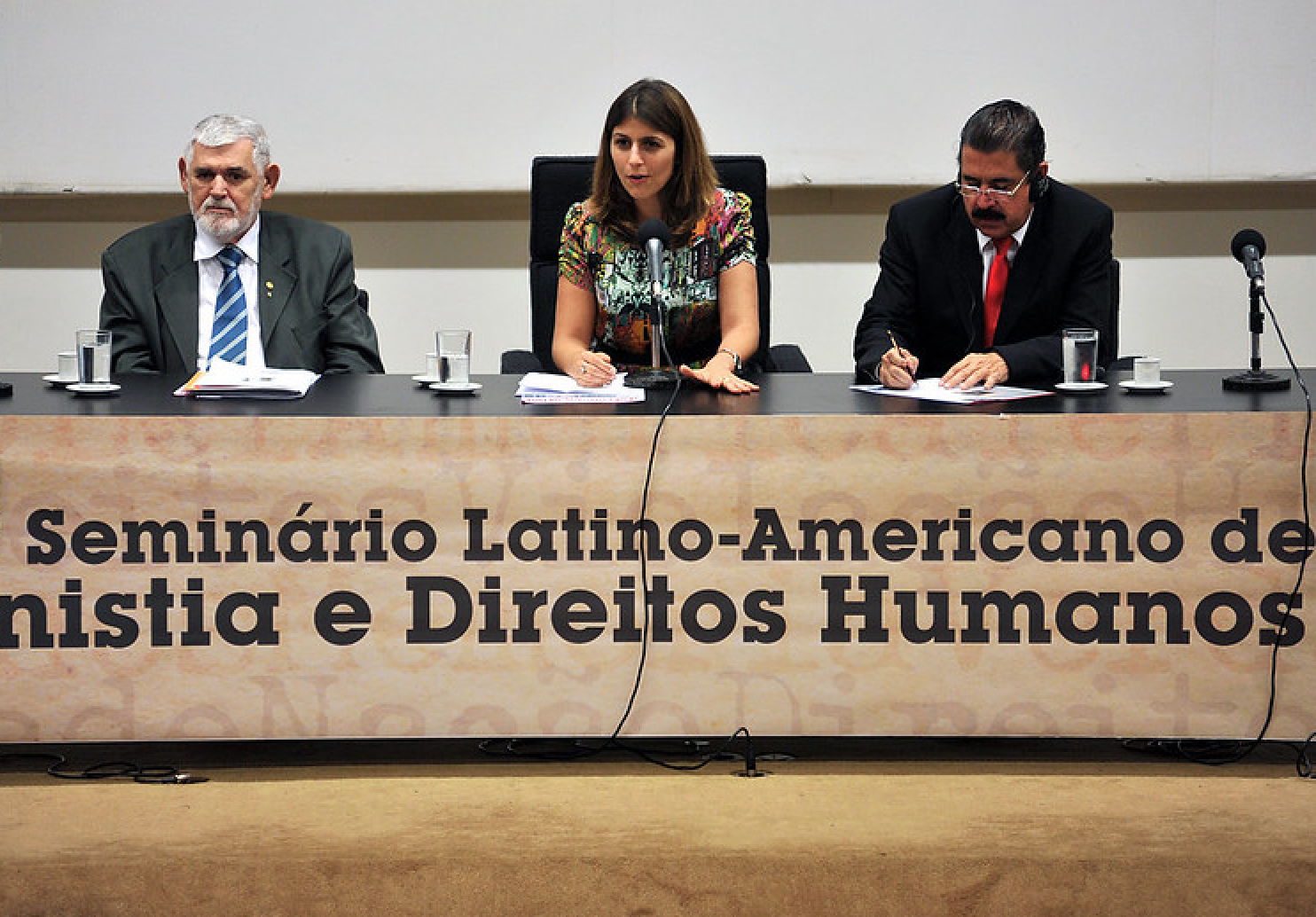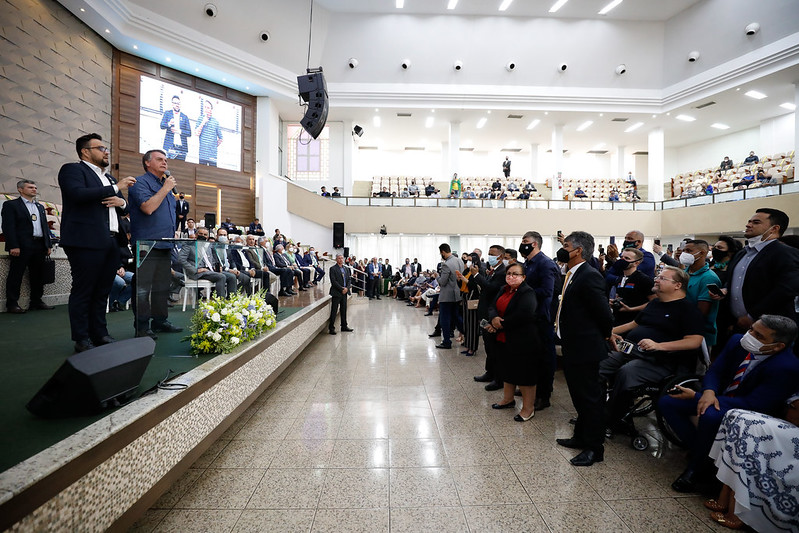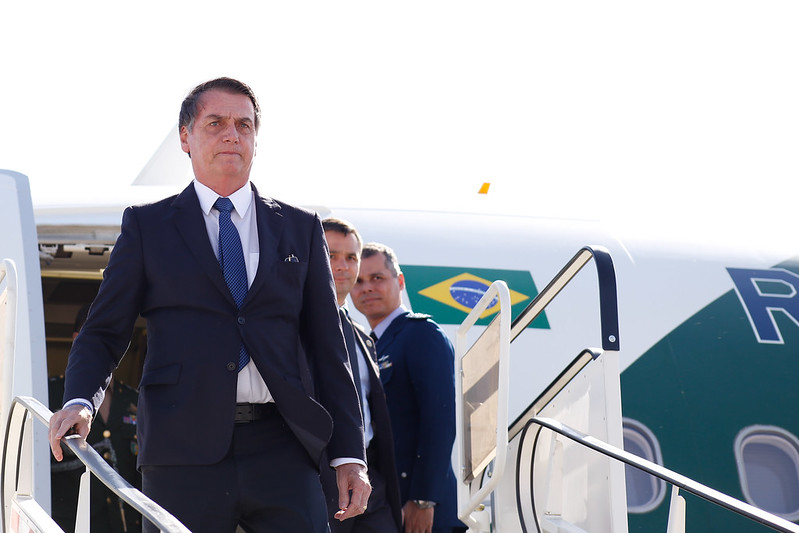Imakay Research Hub
Artigo
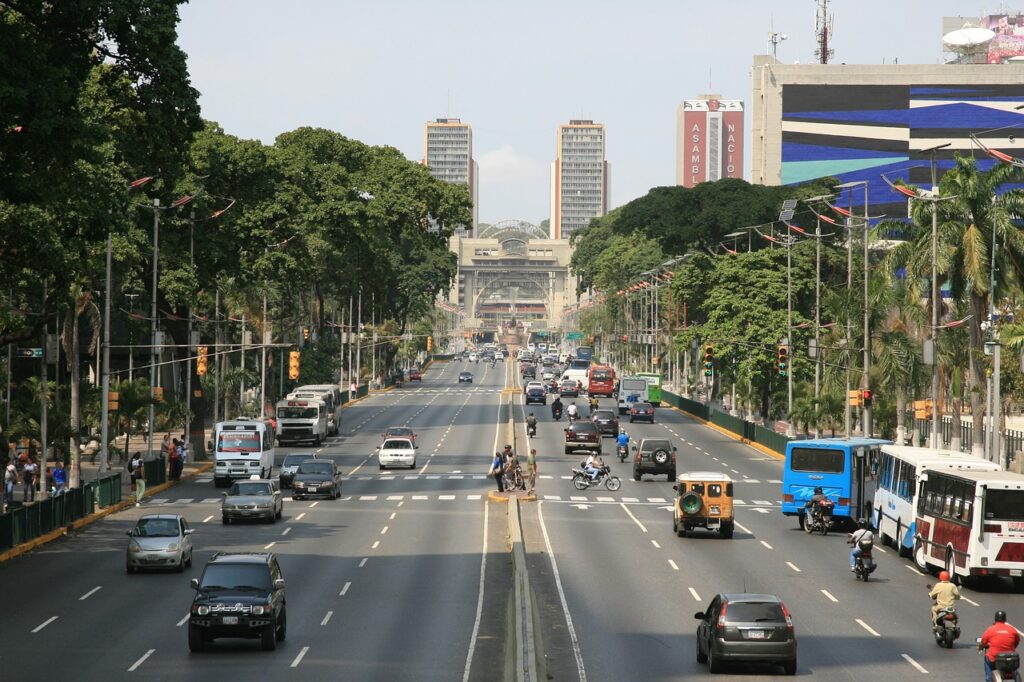
The construction of political-ideological propaganda about Venezuela promoted by the Brazilian right
18/11/2022
Stephanie Braun Clemente, PhD candidate in International Relations (UERJ)
The way a negative image is used about the political, economic and social situation in Venezuela, especially about the government of Nicolás Maduro, but also about the former governments of Hugo Chávez, is nothing new. Various right-wing politicians around the world use Venezuela as a counterproductive example of what “the left stands for” and how the left would be “dangerous.”
To briefly exemplify, in the 2018 legislative elections, the Colombian right was alarming about the danger that the country could follow a similar path as its neighbour and be governed by what they called “castrochavismo,” in the case of Gustavo Petro’s election. The same year in Mexico during the presidential elections, a fake video was circulated in which Maduro expressed support for candidate Andrés Manuel López Obrador (AMLO). Since 2006 the narrative has circulated that in case AMLO were to win, Mexico would become a country similar to the Venezuela of Chávez and Maduro. The aim of this campaign was to prevent support for him in additional electoral profiles.
In Brazil, Venezuela has become a recurring issue in every election since the Workers’ Party (PT) ascended to the federal government in 2002. This was largely due to the proximity between Lula da Silva and Hugo Chávez and later the attempt to maintain good relations with Maduro. Thus, “Venezuela began to occupy the imagination of certain sectors of Brazilian society“. The narrative was not started by candidate Jair Bolsonaro and his supporters. However, it was from his campaign that it was deepened and even became viral on social networks.
In 2018 such political-ideological explanation transfigured in a more profound and widespread way, starting with the campaign of candidate Jair Bolsonaro for the presidency. One of the characteristics of such elections was the extensive use of social networks by candidates as a way to campaign and reach more voters. On WhatsApp, the spread of messages became the standardized way to mobilize the electoral base.
In addition, another of Bolsonaro’s efforts to come to power was the mass propagation of fake news, employed then as a kind of modus operandi that helped Bolsonaro grow politically and be elected to take office from 2019 to 2022. Fake news was created about the most varied subjects and political agendas and managed to convince the existing electoral base and expand it.
In the 2022 campaign, this mode of operation was not abandoned but actually deepened. According to Federal Judge Alexandre de Moraes, there was an increase of “1,671% in the dissemination of content considered false if compared to the 2020 vote and a 436% increase in episodes of political violence via social networks compared to 2018.” Because of this, the Superior Electoral Court (TSE) has acted intensively to remove fake news – especially in the campaigns for the second round – which has generated debates about such actions as a kind of censorship and against freedom of expression.
The narrative about Venezuela employed by the Brazilian right
The negative way used to talk about Venezuela was amplified in 2018, as an example of everything that Brazil did not want to become, due to the crises that its neighbour is going through. Therefore, the choice should be the election of a right-wing candidate who was an outsider in politics, and who would not fit into the traditional ways of doing politics.
Bolsonaro began to position himself as the only politician running for the presidency who would be able to save the nation from all evil that the PT had relegated to the country in the years it was in power and the one who could prevent Brazil from coming close to going through the same problems as Venezuela.
Such political-ideological propaganda was not restricted to the 2018 campaign. Although in the first round for the 2022 election this narrative was somewhat put aside, both by Bolsonaro and his supporters, in the second round a changing tone was observed. Talking about Venezuela was again a topic that mobilized Bolsonaro supporters, as well as disseminating false information about the country.
An example of fake news used to reinforce the existing narrative is a post circulated on Facebook, Instagram, and WhatsApp, in which a supposed report from G1 (a news portal of Globo), entitled “Lula: Venezuela doesn’t need criticism from the President of Brazil, but financing and loans“, would disclose a speech by the then-candidate giving support to the Venezuelan government.
The spread of this misinformation shows how Bolsonarists were seeking to appeal to the fear of a large part of the population. Threats were articulated that if a leftist government were to take over the Executive Branch, Brazil would go through the same crises as Venezuela. The reason would be a political proximity on the left and a proximity Lula was said to have with Chavism. Furthermore, such news also refers to a certain type of patriotism, in which people should defend that the resources of the Brazilian State are used internally and not employed to help a foreign government.
Why is such a narrative mistaken?
Misinformation and even a lack of interest in the search for knowledge about the country end up impoverishing the debate about Venezuela in Brazil. Therefore, it is necessary to demystify the narrative employed and reinforced throughout these years. In this sense, it is important to briefly list the reasons demonstrating that this narrative is erroneous and that, with the recent election of the PT-headed coalition government in the country there is no risk of Brazil becoming similar to its neighbour to the north.
Factors very particular to Venezuela and the domestic and international conjuncture in which it is inserted have led to the crisis scenario we see today. The Venezuelan economic crisis has very particular roots. Its rentier economy is extremely dependent on oil exports. Therefore, the embargoes and sanctions that began to be used by the United States against the government of Nicolás Maduro in 2014 are one of the main points to understand the current Venezuelan crisis. In turn, Brazil, even during the years of the PT in power, has always maintained a good relationship with the US. The active and haughty foreign policy valued pragmatism. The hegemonic state had no interest in destabilizing the government in power in Brazil. And, unlike Venezuela, Brazil does not have an economy based on just one economic activity.
Furthermore, there are no indications that Brazil will experience an institutional crisis like Venezuela. The fact that the opposition in Caracas won most of the seats in the National Assembly in 2015 and tried to open an impeachment process against Maduro, gave the initial kick for the crisis to begin. In 2017, Maduro and his allies called for elections to form a National Constituent Assembly (ANC). The opposition chose not to participate in these elections. As a consequence, the ANC ended up being dominated by government supporters, leaving the country with two legislative fronts. This chaotic scenario opened the way for the emergence of Juán Guaidó as interim president. The result is that the country now has two legislatures and two presidents.
In terms of the political crisis, the Venezuelan opposition has started to become increasingly fragmented since 2013. Already in the 2013 presidential election, opposition groups argued that the result was rigged. This became the guiding line in every election in which the government forces emerged victorious, and as a form of protest, they began to boycott the elections. Besides weakening its capillarity, it ended up segmenting the opposing groups, so that today there is no centralized force capable of standing up to the government.
Having seen this, one can conclude that throughout the previous PT governments, Brazil was not even close to undergoing a socialist or communist revolution. As much as the party positions itself as a leftist force, the PT’s years in power fit better as a social democracy. Since 2003, Lula had to talk and govern with businessmen, privileged elites and opposition parties and implemented neoliberal measures in the economy. In his next mandate, it is clear that again a totally left-wing government will not exist. After all, most of the seats in the Chamber and the Senate are dominated by politicians from the conservative PL and centrist parties.

